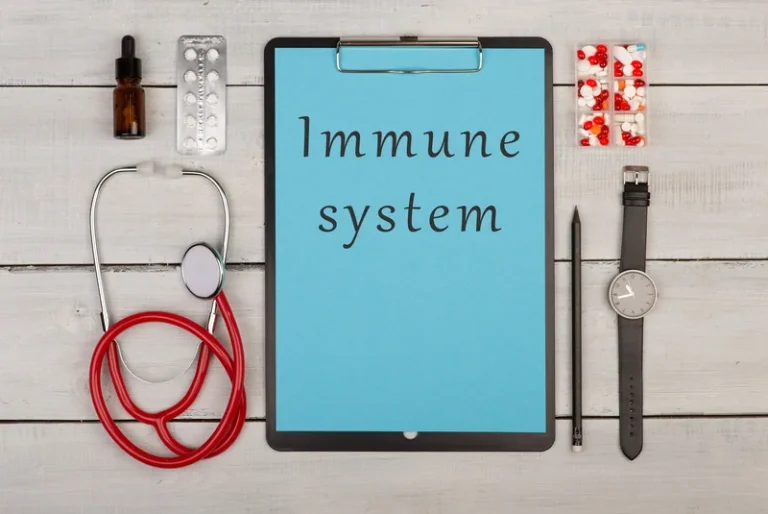
In most cases, Ibuprofen is a very mild painkiller and will not have the same type physical dependence that patients taking stronger medications like morphine or Oxycontin will experience. This will be more of a psychological dependence and patients will be unable to mentally function unless they are able to take this medication. Many individuals may find it necessary to take painkillers, such as Ibuprofen, on a long-term basis in order to manage chronic and severe pain, just as back pain from an injury or joint paint from arthritis. While Ibuprofen is not physically or psychologically addictive, a person may become physically dependent in order to maintain their activity level by controlling pain. Non-steroidal anti-inflammatory medications, like Ibuprofen, function in the body by decreasing the production of substances that cause fever, pain, and inflammation.
Ibuprofen Addiction Statistics
- An individual may feel as though they cannot adequately function unless they are continually taking the drug.
- Natural remedies, such as turmeric and omega-3 fatty acid supplements, have been shown to reduce pain with an effectiveness similar to that of NSAIDs.
- Assistance from therapy and support circles is crucial for those trying to break free from ibuprofen dependency.
- Initially used to treat rheumatoid arthritis, it soon gained popularity due to its effectiveness in alleviating pain and inflammation.
If you or someone you know shows any signs of an ibuprofen overdose, contact your healthcare provider immediately. Note that if you’ve been taking ibuprofen for a long time, then your risk of developing these conditions is markedly higher. Commonly sold under brand names such as Motrin or Advil, ibuprofen belongs to a class of medications called nonsteroidal anti-inflammatory (NSAIDs).

Treatment for Ibuprofen Addiction
This is when a person feels like they need to take the drug to cope with everyday life. While there are no known cases of psychological dependence on ibuprofen, it is important to use the drug as directed and only when necessary. Managing an ibuprofen dependency can be difficult — especially if you’re living with chronic pain — but you don’t need to face this challenge alone. If you’d like to cut back on your ibuprofen use but aren’t sure where to start, contact us at Sunlight Recovery today to get help. Pain can also be treated through non-medication methods, such as massage, heat and cold applications, acupuncture, meditation and physical therapy.
Causes of Alcoholism
While this drug is not physically addictive, the continued use of Ibuprofen can introduce physical risks and dangerous effects. The risks and physical side effects of Ibuprofen use and overdose can happen without warning while taking this medication. Suppose you or your loved one is concerned about an Ibuprofen dependency or side effects that may be experienced while taking this drug.
Understanding the difference between these two concepts is crucial for individuals who seek effective pain management solutions while maintaining their overall health. This NSAID’s anti-inflammatory properties make it so effective at treating various conditions such as headaches, toothaches, muscle pains, menstrual cramps, and even fever. Imagine reaching for that bottle can you get addicted to ibuprofen of pain-reliever, wondering if it’s possible to become hooked on the anti-inflammatory effects of ibuprofen. Dealing with pain isn’t easy, and neither is helping painkiller addiction, but it is possible. If you’ve answered ‘yes’ to any of the questions above, speak with your doctor. They will absolutely understand – without judgement – and will want to help.


which is easier on kidneys, Tylenol or Ibuprofen?
Serious Side Effects


Leave a Reply